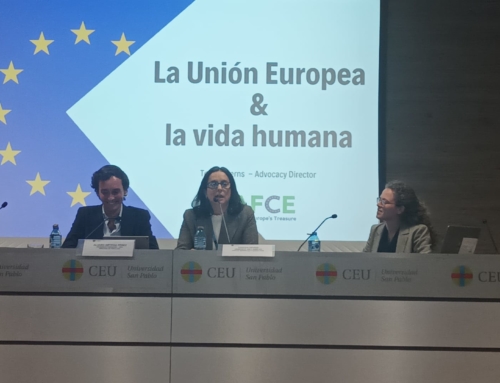On November 11th, the Sub-Committee on Children of the Parliamentary Assembly of the Council of Europe held a public hearing on the « Impact of COVID-19 on childrens rights and the protection of children against sexual exploitation and sexual abuse facilitated by information and communication technologies ».
During the hearing, Mr Niall Muldoon, Irish Ombudsman for Children, shared his concerns for the mental health of children, who suffer from the closure of public playground and have fewer access to sport. He advocated for children rights experts to be involved in the decision-making process of future pandemic measures. Mr Muldoon also recalled the stressful situation experienced by parents balancing between home schooling and remote work, especially in low-income families who are not properly equipped for digital education. He also deplored the increase of cyberbullying between children during the pandemic.
On an even more serious level, the digitalisation of children’s activities saw the increase of child sexual exploitation and sexual abuse. Experts specifically discussed the question of sexting and of the production of sexual content by children themselves. Toni Klancnik, Europol specialist, clearly stated that criminals take advantage of this eased access to children, which facilitates online grooming, sexual extortion and the coercion of children.
“A major 2018 study of 110,000 young people (average age: 15) found that 14.8% of them had sent “sexts” and 27% had received them. Such explicit content is most often shared via mobile phone and without consent“.
– Matthew Ezzell, Culture Reframed
FAFCE welcomes the commitment of the Council of Europe to protect children. FAFCE Members are deeply committed to help children grow in a secure environnement, away from sexual exploitation and abuse.
Learn more on FAFCE work to support the protection of children:







